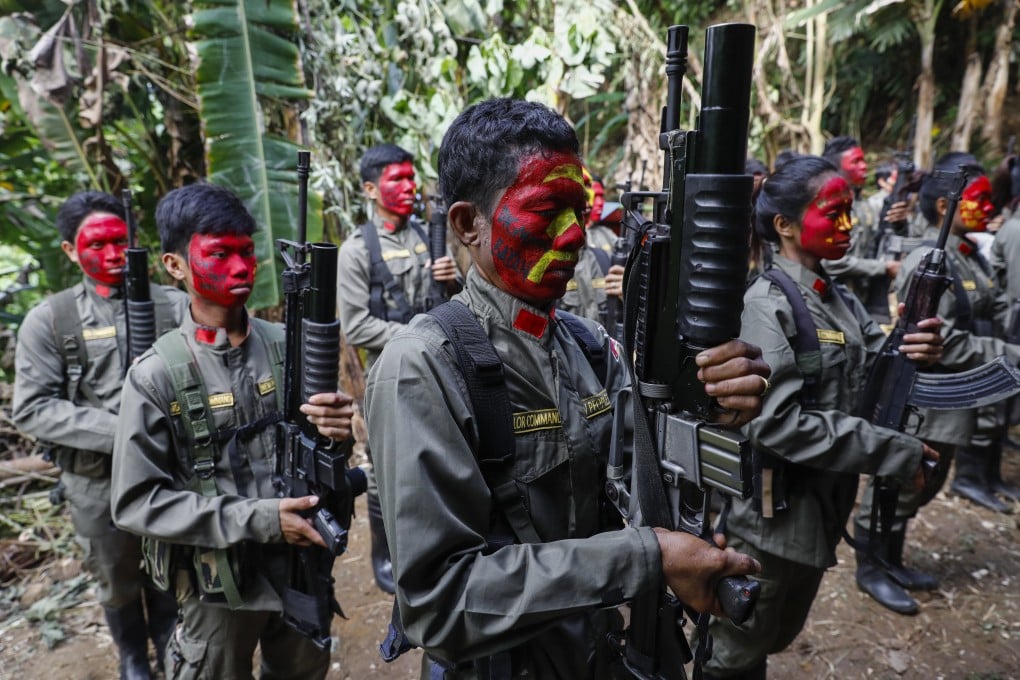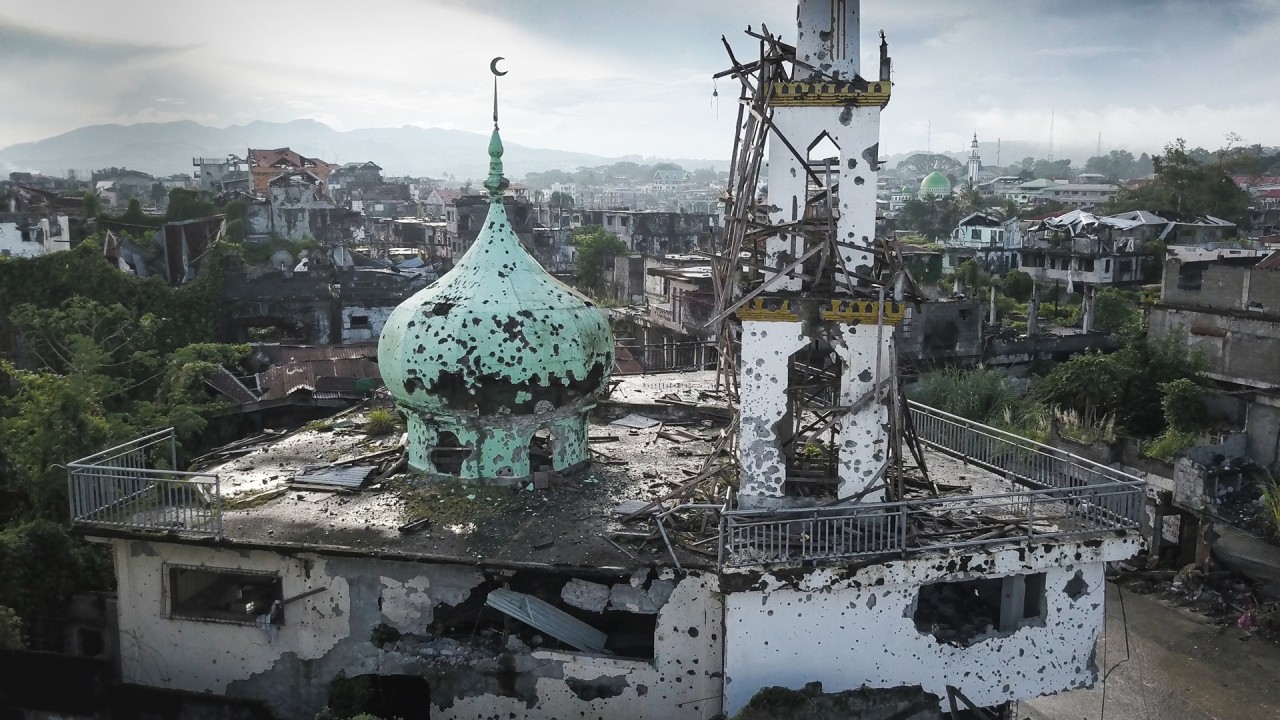Opinion | The Philippines needs Duterte’s anti-terror bill, but addressing roots of extremism means going beyond its text
- The country’s fight against armed insurgents has for decades cost lives, hamstrung development and diverted military resources
- While strengthening the Philippine posture in battling terrorism is vital, the bill’s overreliance on draconian measures could backfire

Domestic security challenges have long kept the Philippines from shifting towards territorial and maritime defence. The country is home to Asia’s longest communist insurgency, by the Communist Party of the Philippines-New People’s Army (CPP-NPA); a three-decade reign of terror by the Abu Sayyaf Group (ASG); and offshoots from two main Moro rebel groups that have since made peace with the government in return for autonomy.
Besides tying down the Philippines’ military to internal security, these conflicts have hamstrung economic opportunities in the countryside, discouraged investors and caught communities in the crossfire.
According to the 2019 Global Terrorism Index, the Philippines was ranked ninth for the countries most impacted by terrorism. It is the only Southeast Asian country in the top 15, with its neighbours ranked lower down – Thailand 18th, Myanmar 26th, Indonesia 35th and Malaysia 74th.

13:36
Battleground Marawi : A return to ruins
Insurgent and terror groups engaged in recruiting child soldiers, targeting civilians, extortion, disrupting public works, destroying telecommunications towers, and burning heavy equipment and provincial buses of companies that did not pay “revolutionary taxes”.
